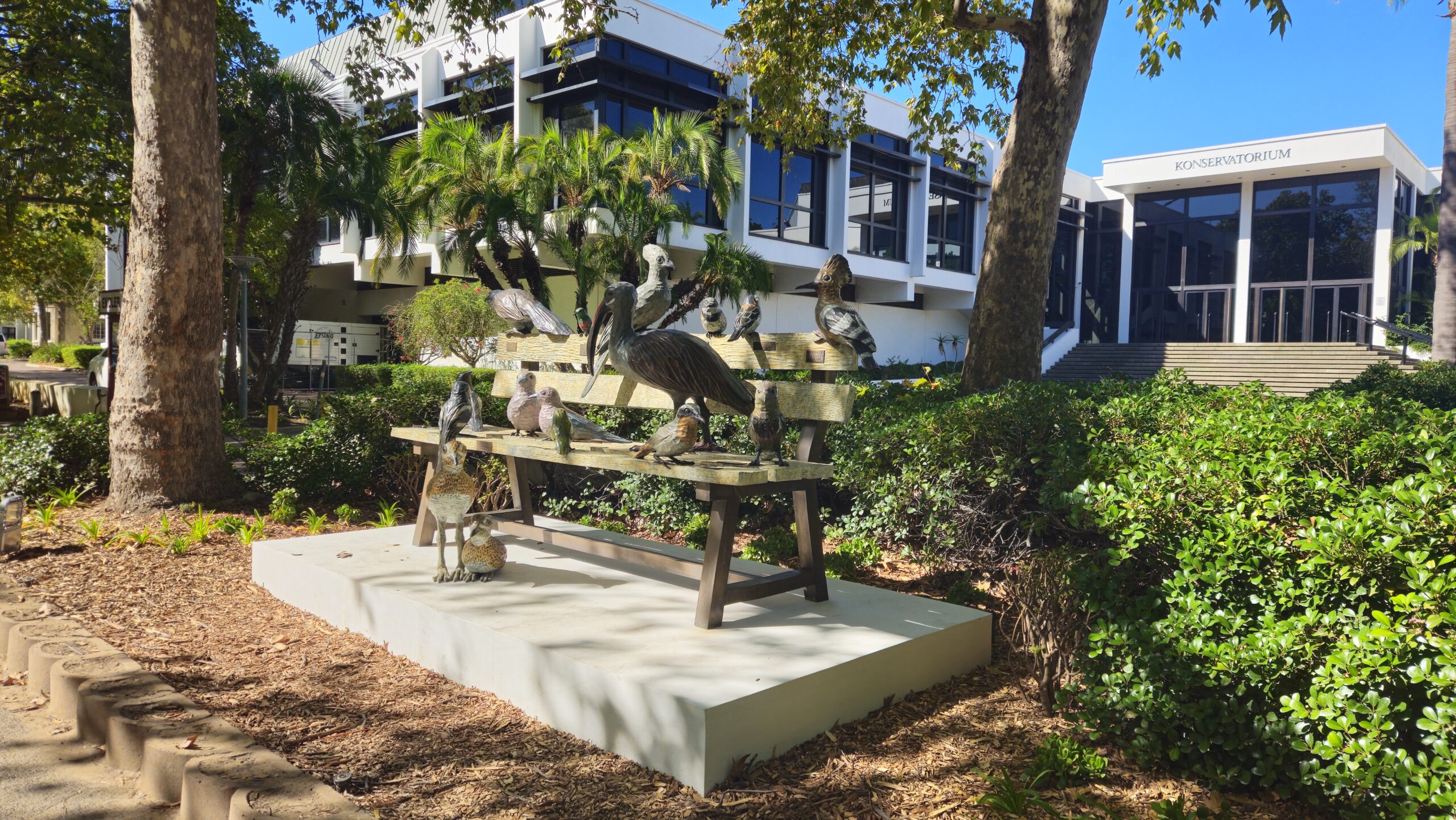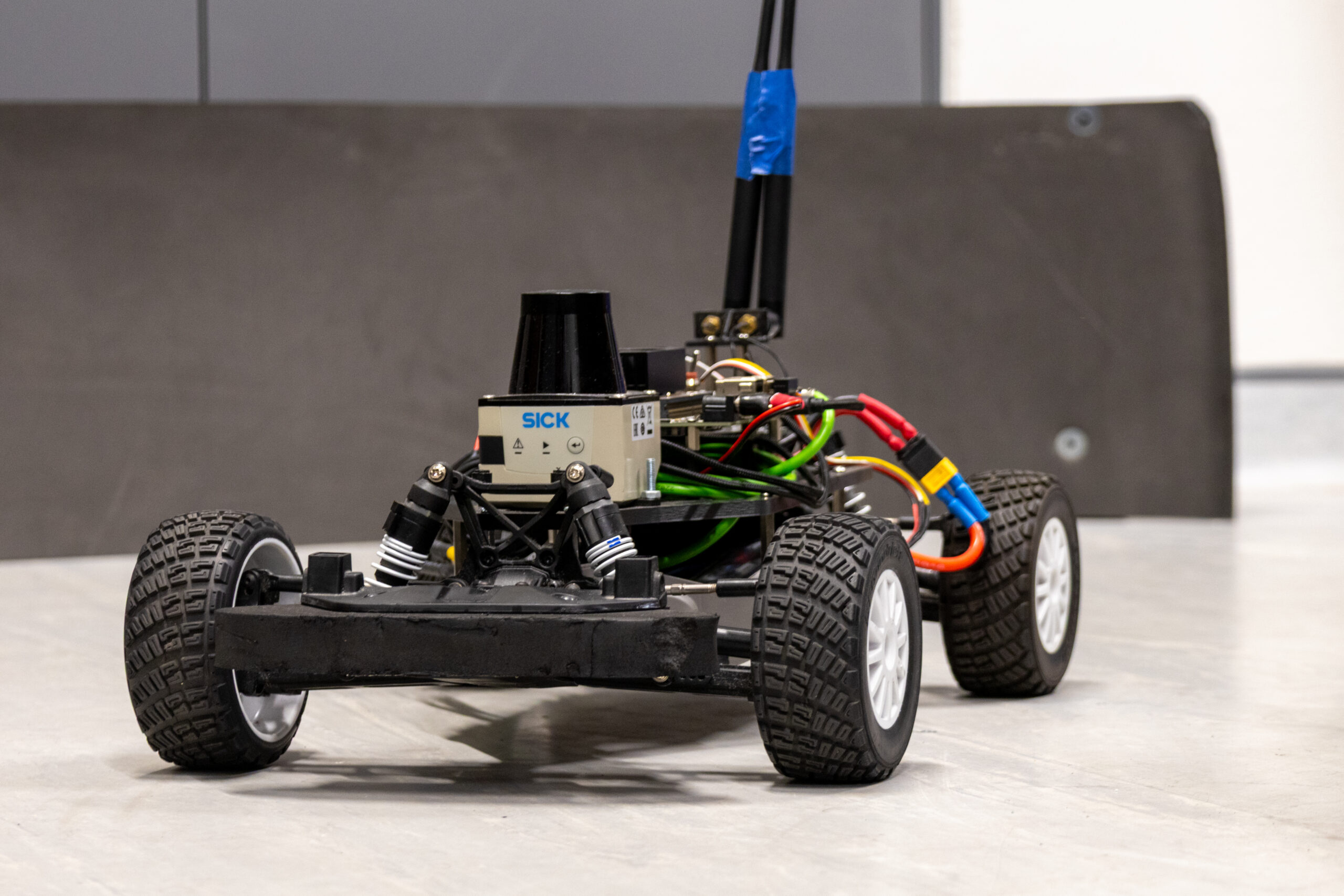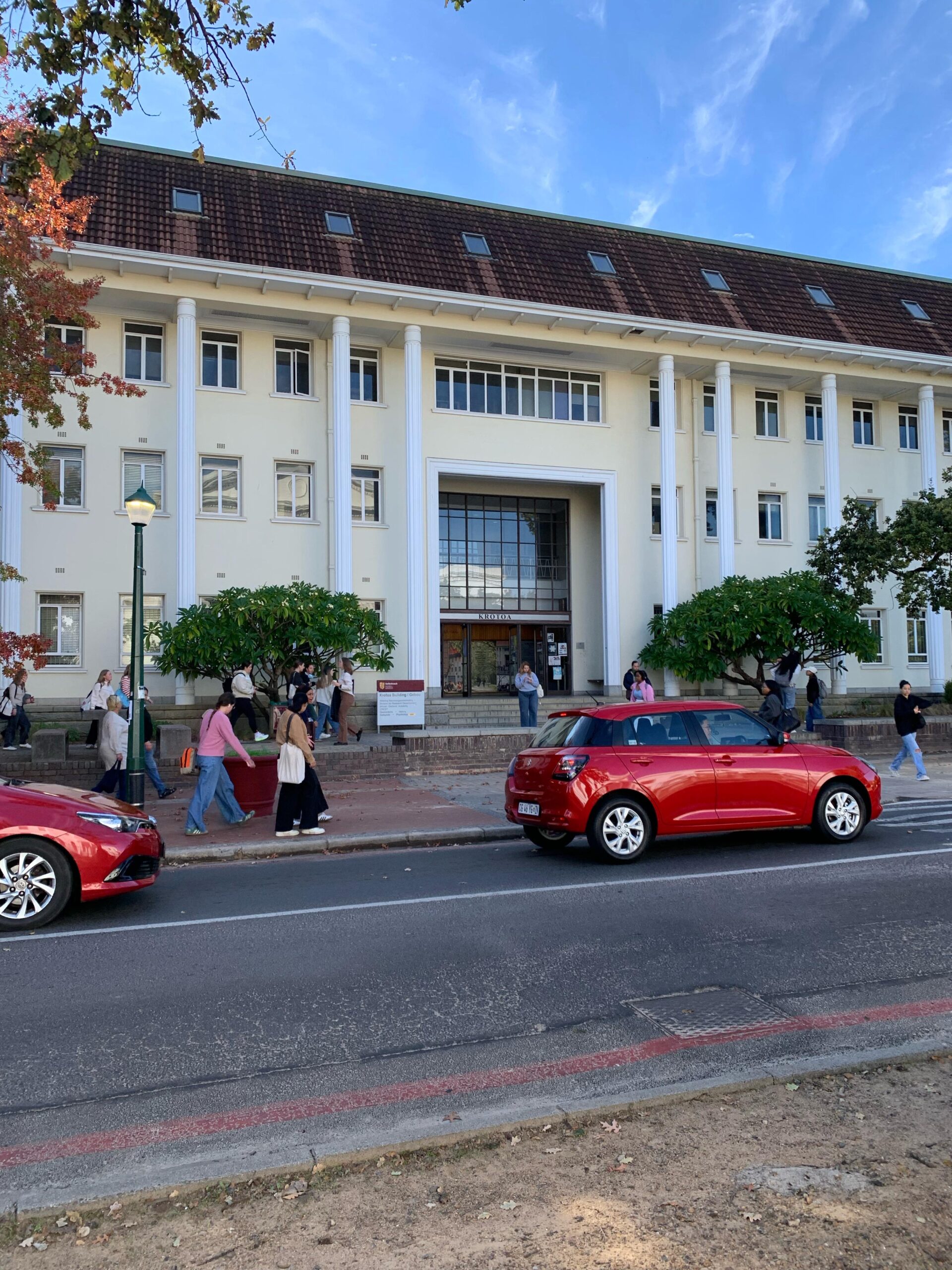BY ANSELA SLOMAN
Drink spiking is quickly turning fun, carefree evenings out in Stellenbosch into a minefield for students trying to enjoy the nightlife. Across town, students have recently come forth about drinks being spiked at different establishments; however, many cases go unreported.
A third-year BA (Language and Culture) student at Stellenbosch University (SU), who has asked to remain anonymous, recounted how she narrowly avoided consuming a drink she believed to be spiked while out in Stellenbosch: “I was in Dorp, around the last week or two of the third term [this year]. I was sitting and talking to my friend upstairs by the long table along the window. My gin and tonic was on my left-hand side on the table. I felt a hand on my back and turned to my right, but only saw a group of people walking past and couldn’t identify anyone specific.”
She continued by saying, “When I turned back I saw that my drink had been touched because the liquid inside was moving. I took the drink to the bartender, who is also a friend of mine so I knew I could trust him. …When the bartender smelled it he immediately threw it out and said it smells funny. He then mixed me another drink.”
Other students are not as lucky. A first-year BA (Humanities) student, who also chose to remain anonymous, shared her experience of being spiked with ketamine at Aandklas just a few weeks ago. According to the website of the Alcohol and Drug Foundation, an Australian organisation committed to preventing and minimising the harm caused by alcohol and other drugs, ketamine is used by medical practitioners as an anaesthetic.
“There was a band performing and [my friends and I] went to the stage and sat with a group of other people we didn’t know. I was looking at the stage and turned around to take a drink and saw my drink was gone. There was a glass on the table that hadn’t been drunk and I was a bit wary of it but I was intoxicated so I took two sips of the drink,” she explained. “Apparently guys had bought my friend and I drinks but I don’t remember that at all. I just know the glass was already there. About ten minutes later I ran to one of my friends and I said, ‘Please help me! These two guys are following me and I don’t know who they are,’ but I can’t remember this.”
She mentioned that the next thing she remembered was being upstairs with someone whom she believed to be the owner or manager of Aandklas, who was asking her questions about the perpetrators. She explained that her vision “went black”, after which she was taken to the hospital where she did a urine test, which tested positive for ketamine. She clarified that she could not remember anything from the night after having had those two sips from the drink, and that this series of events was explained to her by her friend the following morning.
This event is not an outlier. Spiking is an issue that has been going on in Stellenbosch for some time. An anonymous third-year BA (Law) student who was out with a female friend also shared her experience of being spiked around March last year at De Lapa Stellenbosch.
“We were approached by a guy who was sitting behind us. He introduced himself and mentioned he was staying at one of the residences on campus. He then offered to buy us drinks. We were always hyper-aware of safety but no alarm bells rang at the time, especially given that we were very close to the bar, so I think in our minds we could see everything that was going on,” she said. “He bought one drink for my friend and one for myself. My friend took a sip of hers and said she didn’t like how it tasted so I said it’s fine I’ll drink it… About five to ten minutes later I can’t remember anything else from the night.”
According to Dr Craig Thompson, primary health care and sports medicine physician at Campus Health, the common symptoms experienced after consuming a spiked drink include “feeling dizzy, faint, or sleepy; experiencing nausea or other feelings of illness; being more drunk or intoxicated than expected based on [the amount of] alcohol consumed; [and] passing out or experiencing blackouts”.
People who go drinking should look out for these signs, as they may alert potential victims to the fact that they may have been spiked so that they can inform a friend or staff member.
Although drink spiking may affect students and their friends, many are unsure of the exact steps to take if they suspect that they have been spiked. Dr Thompson shares the following guidelines as to what to do when in this situation: first, he advises that the affected student get to a safe place and have trusted company at all times. Then, go to Campus Health, an emergency room or a doctor.
“Whether the drink has just been consumed or is suspected to have been consumed the previous evening, it is important to get medical help [as soon as possible], in order to manage potential injury or harm caused by the substance, to determine by testing what substance was used, to determine whether other evidence of assault ([sexual] or other) is present, or to encourage the person to report the event to police.”
He also encourages victims to seek psychological help at the Centre for Student Counselling in Victoria Street, as drink spiking can be an extremely traumatic experience.
“For an individual who has been a victim of drink spiking, and potentially of a follow-up assault, it can be vital to get counselling or another form of psychological support.”
Spokesperson for the Stellenbosch branch of the South African Police Service (SAPS), Captain Nathalie Martin, suggests that a way to remain safe whilst out drinking is not to leave drinks unattended when going to the bathroom or anywhere else but rather to finish the drink first.
“Do not let anyone else open your drink and pour for you; do it yourself or let them open it in front of you. If you feel dizzy or off-balance after one drink, ask someone you really trust to take you home or to a doctor immediately. If you suspect your drink has been spiked and you have been a victim of crime, go to the nearest police station and report the case. A doctor can draw blood to confirm if any toxic drugs are present in the blood,” Martin explains.
Bars across Stellenbosch are aware of this issue and encourage victims to report incidents to them so that they can help bring perpetrators to justice and make Stellenbosch a safer space for everyone.
“Just encourage students to come back and tell us what happened. I think they are afraid that the bars might think they are causing them problems, but for us it’s more of a problem if we get a name of ‘at Bohemia you will get spiked’,” explains Henry Doyle, manager of Bohemia. “We would rather [make it clear] that we are trying our best to get this out of here as well. [Letting us know] won’t just help Bohemia, it’s going to help all the bars around here. …People just need to tell us what happened, even if we just catch one guy who is doing it.”
Monique Geldenhuis, manager of Die Mystic Boer, agrees, saying, “Everyone [on our staff] is aware and, if someone’s drink has been spiked, our medical box has everything that is required to help that person. We also have a bar group [chat] where, if [someone is caught spiking drinks], they send a photo to the group saying ‘watch out for this person’.”
These bar managers, Campus Health and SAPS Stellenbosch all emphasise the importance of seeking help if someone suspects that they have been spiked; however, reporting of these incidents is usually uncommon.
One possible reason could be the victim-blaming that many people experience when reporting their experience to authorities or even just sharing their story with a peer. The third-year BA (Law) student explains that when she sought medical help, the doctor was dismissive of her experience and left her feeling uncomfortable.
“My experience was basically invalidated. I was told by the doctor that you just see so many people coming in here saying they were spiked but they just drank too much. He asked me what year I was in and told me I should have known better at this stage. There was no real inquiry…to determine whether or not I had been a victim of sexual assault in the process or anything of that sort. It was a very unfortunate encounter and I think it prevents a lot of women from seeking medical help when they are in situations such as these,” she says.
She goes on to describe the reaction of others with whom she shared her experience, explaining that they also left her feeling invalidated and as if she were to blame.
“I think that when something happens frequently, we tend to become desensitised to it, so some people may not view spiking as being as significant…a violation because it happens all the time…but it is a really traumatic experience and I will never forget the responses I got. …I think it’s important for us to really work on our mindsets and move the conversation from ‘but what did you do?’ to being upset that it happened to begin with.”
The first-year BA (Humanities) student added to this, saying, “I think a lot of students think it’s their fault because they shouldn’t have been drinking, but there shouldn’t be this fear [of getting spiked] in the first place. I would not hesitate to go to the police [if I had an idea of who did it] because this is not okay.”
Another possible reason victims do not report their experiences to the bars, SAPS or Campus Health, is that spiking is incredibly difficult to catch, as it only takes a split second. Also, due to memory loss or blacking out being a common symptom of getting spiked, many might not think it is worth reporting their cases because they have absolutely no idea who did it or what they looked like.
“The thing is, usually when people go out, they don’t only go to one place, so it’s very hard to pin down where it actually happened. …[W]hen that happens, we usually try to look at our cameras to try and retrace their steps [during the time they were at Bohemia] to see if it could have happened here,” explains Doyle.
The psychological impact on victims of drink spiking can be severe. The trauma of the event can leave victims unable to have fun like they used to, as they always have to be vigilant to ensure they remain safe.
“Now [this experience] has made me more cautious. …I am also more protective of [my friends]. It did emotionally affect me. I act as if it’s my fault, as if I’m not the victim,” comments the first-year BA (Humanities) student.
“I never turn my back on my drink anymore and also try to order drinks that come in bottles so that the opening is smaller,” says the third-year BA (Language and Culture) student. “I still go out, but I do make sure that I always have at least one male friend with me whom I trust and who knows what happened and will look after me and not allow anything inappropriate to happen.”
The third-year BA Law student explains that having her drink spiked has left her feeling insecure and vulnerable when going out.
“The weight of what could have been is also equally heavy. As a woman in South Africa,…that realisation that I could have been raped [or that] I could have been dead, is something that is very heavy to sit with.”



